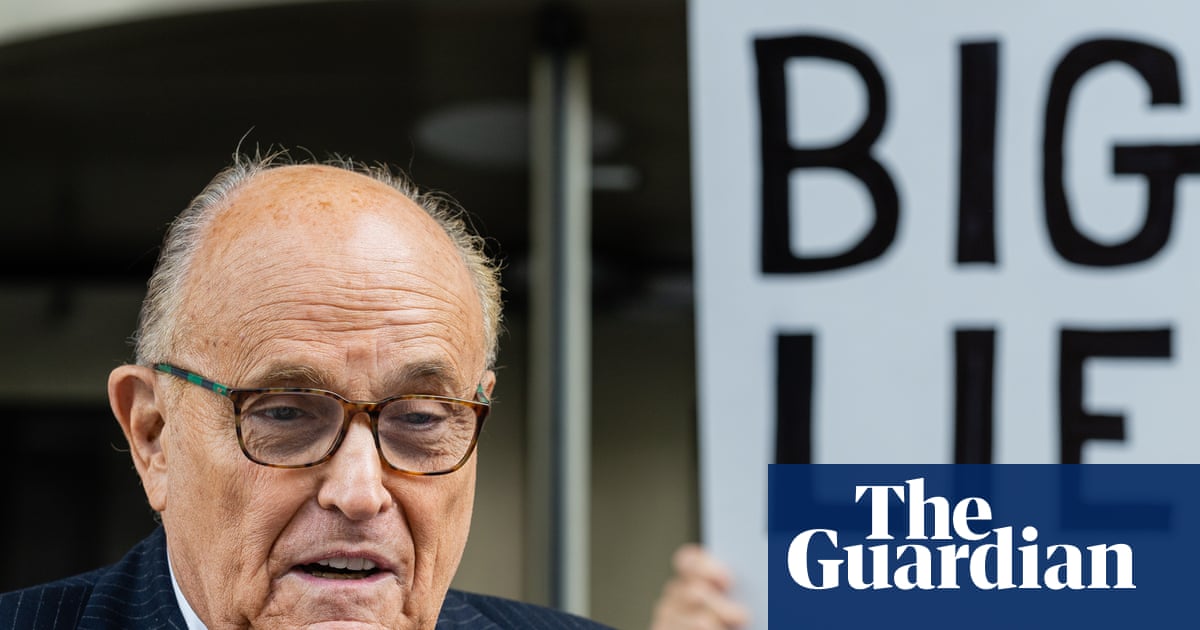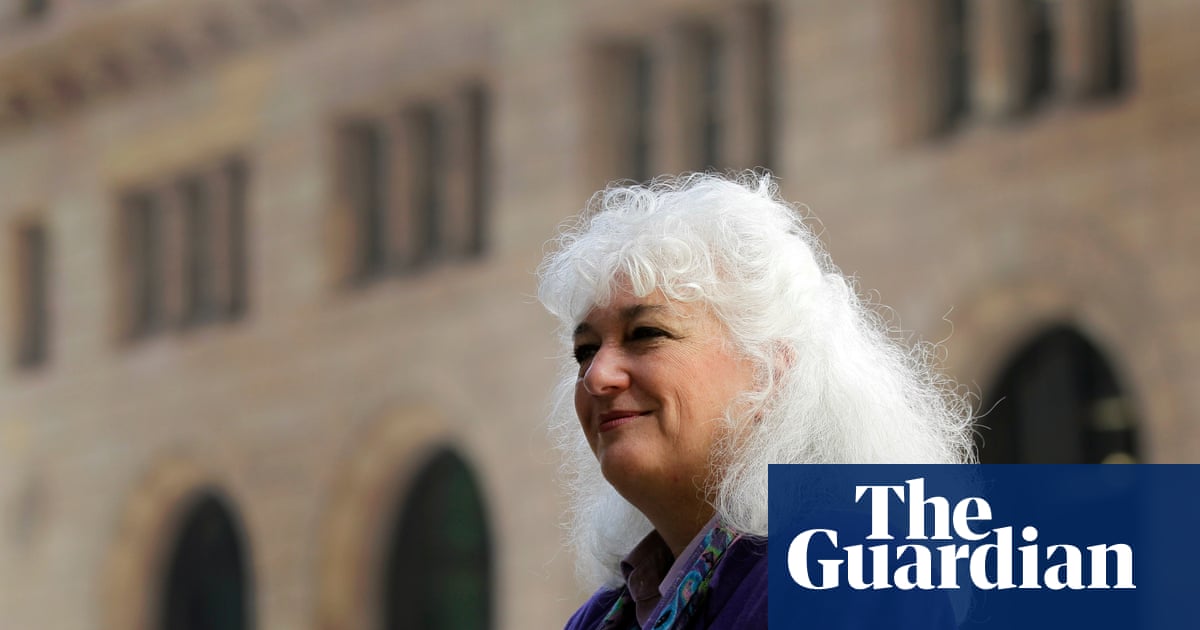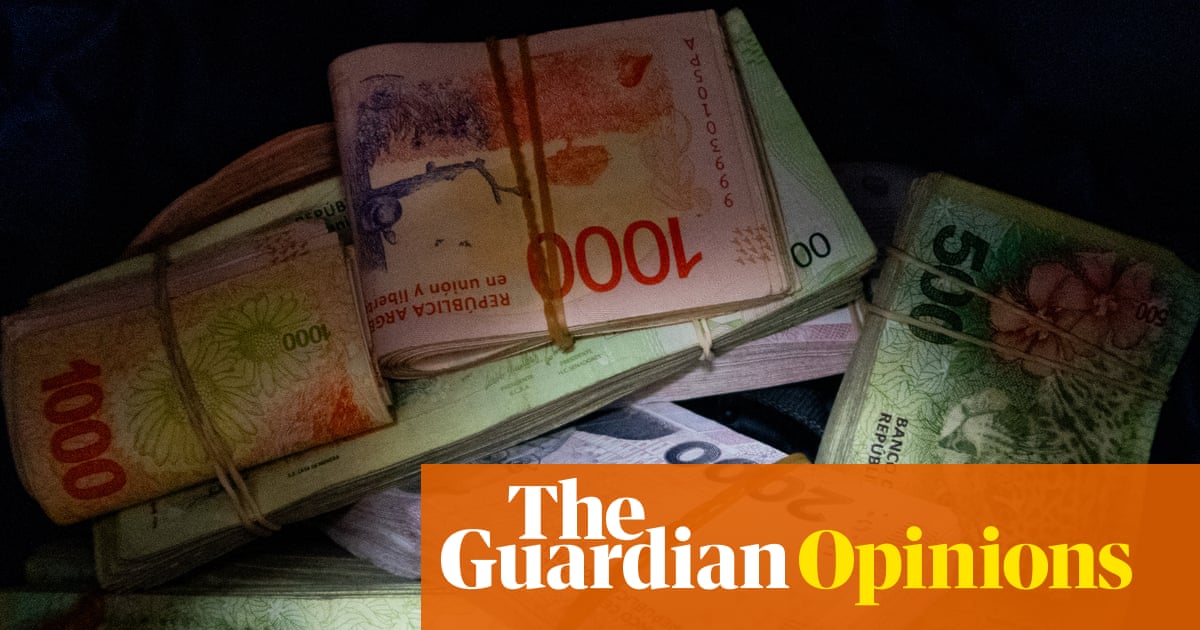I’ve always wanted to visit the UK. This might sound absurd to you, considering I’m from California – home of sunshine, half-naked bodies and the studio where they film Jeopardy. What could possibly pull me to the cold, damp, gray shores of England? The oppressively brown food? The dodgy colonialist history? Tesco? No, it was the glowing box that vibrated with whatever passed for culture in my small town: television.
British TV was an obsession in my house, via those purveyors of affordable, exotic entertainment at PBS. We’d get classy fare through the Masterpiece Theatre series, but also more downmarket comedies like Are You Being Served? (a variety of sexually obsessed retail clerks trip over each other) or Keeping Up Appearances (lower-middle-class oafs desperately wish they were posh). I had no concept of what people were saying in their thick accents or most of the jokes meant, especially the double entendres.
But even the dumb shows seemed smart. I learned more about European history from Rowan Atkinson, Richard Curtis and Ben Elton’s Blackadder series than I ever did in school. British television, especially the comedies, assumed a certain futility to life. It probably won’t get better. In fact, it might get worse. Often. This is a tradition that carried over to other classic sitcoms such as I’m Alan Partridge and The Office, which I discovered in college. If it’s a small-town crime drama or a half-hour comedy, British TV is usually going to express something close to misery by the time the credits roll. In America’s land of good cheer and opportunity, this was like a salve of reality.
My obsession with all things British (even the food) carried on into adulthood, but despite that abiding interest, I had never visited the UK until this year. I seemed to have picked the worst year imaginable. Or maybe the best. The country is in the midst of a political upheaval. Nigel Farage’s far-right Reform party is on the march, commanding the polls. Obviously, the first thing I did when I arrived was turn on the television to see how it compared to American media, which feels at all times like Jurassic Park after the electricity went out.
In the US, we are obsessed with remaking British TV shows – The Office, Steptoe and Son, Absolutely Fabulous. But the British would rather remake our politicians. They’re just not as good at it.
Farage is the English Trump, but only in the sense that he is dangerously unqualified for leadership and therefore believes he is actually qualified. He recently claimed that migrants were “eating swans” in parks. I can imagine a TV executive angrily shaking their fist at the ham-handed adaptation of Trump’s infamous dog comment. “Who would actually eat a swan? You don’t even get it!”
Nigel Farage is just not the showman that Trump is, any more than Doctor Who is as flashy as Star Wars or Star Trek. British news is less single-mindedly fixated on him than we are with Trump. Because Farage is so tacky and second rate, it’s been easier for the UK media to shoo him away like a fly up until now. When I was in London this summer, it was the opposite of the wall-to-wall Trumpathon that is America. Maybe that’s why I found ITV’s Good Morning Britain so relaxing to watch. The noticeable lack of screaming or partisan rancor. The reassuring presence of former Labour politician and ex-Strictly Come Dancing competitor Ed Balls. Whatever it is, I came to love my daily dose of dry toast in TV form. One recent GMB episode featured a segment on an app designed to identify and catalog butterflies around the UK. It was sweet, until the presenter reminded the audience that this is important because butterflies are dying off due to the climate crisis. Even cheerful news segments need to remind you that life is a series of tiny hells.
I did a few things besides watch TV, though. The Tate Modern is easily the best contemporary art museum I’ve ever been to. I think reading a newspaper in a pub at 11am is as civilized as life gets. I can’t tell if Waitrose is posh or a Trader Joe’s equivalent, but they had everything I needed, plus delicious cheeses I’ve never heard of. The Barbican Estate, where I stayed, is an architectural marvel that could never exist in a place like California. It’s purposefully difficult to get around, has an art gallery and a movie theater, and people crush bottles of wine openly in the courtyard long past bedtime. I found that people took tube etiquette so seriously that I wondered if not giving up your seat for an elderly person was now punishable by stoning. I’m sure there’s plenty of horrendous behavior in London, but I was so eager to enjoy myself that I didn’t even notice. And almost no one I met in London asked me, the dumb American, about Donald Trump. Almost.
My one conversation about Trump took place in Whitechapel, a neighborhood known for a series of murders attributed to Jack the Ripper that is now home to a significant immigrant population – particularly people from Bangladesh. A sign was added to the Whitechapel tube station in Bengali, which upset Elon Musk (who is definitely not British) and assorted rightwing politicians obsessed with fighting multiculturalism. I was eager to have a proper British curry experience before flying back to LA and was given a recommendation for a restaurant in Whitechapel by my friend and co-creator of The Inbetweeners, Iain Morris (who is definitely British). I was asked very specifically not to name the restaurant, lest it become discovered by more brutish American tourists like myself. That’s what Dishoom is for, after all.
After settling the bill for my meal, the waiter/proprietor asked me what I thought of “him.” The movie had not come out yet, so I realized “him” meant Trump. I said I was generally not a fan, that he would not be fond of a place like the restaurant we were in, and that I definitely did not vote for him. He chuckled, as though I had read him a joke written on a popsicle stick. “Every time an American comes in here and I ask if they voted for him, they say no,” he responded. I surmised that that’s because the people who did vote for him aren’t stopping into a curry house in Whitechapel on their UK vacation.
The British and American political dilemmas can sometimes look eerily similar. Trump and Farage have both stuck around far longer than anyone expected. Anti-immigrant and anti-trans sentiment animate the right wings of both nations. The “unite the kingdom” rally feels like a hyper-charged Maga gathering. But, like the quality of our respective cheeses, we couldn’t be more different. Nihilism and a crazed impulse to start over from scratch animates both of our cultural schisms, but while in the US the face of populism is the frozen scowl of Trump, in Britain, it’s the vacuous grin of Farage. A recent feature in the New Yorker described the mood of the Reform party conference as jubilant. Farage is always smiling, which is either comforting to his sympathizers or terrifying for his detractors. Regardless, Reform is capturing Britain’s imagination precisely because of that smile.
Labour and the Tories bumble around desperate to prove that they are the most serious, when what the nation seems to want is someone who admits that things aren’t great, but that the country (and the world) have a future. The future Reform offers is a terrifying one that looks a lot more like the worst aspects of modern America, but it’s a vision nonetheless. What afflicts both the US and the UK is a feeling of emptiness, of futility, and a growing realization that we’re all stuck. Technology, grand economic forces we don’t understand, and a dwindling social safety net have left the average citizen in a state of abandonment and isolation. The Democratic party and the Labour party just want things to go back to a mythical state of normalcy, hopelessly nostalgic and out of touch. This has pushed the dreamers, the malcontents and the futurists to the fringes. Maga and Reform seem nostalgic, but what they offer is not a return to anything, but a radical reshaping and perversion of the system that keeps our society functioning.
When faced with the grim reality of British TV every day on my trip, I yearned for a bit of good ol’ Yankee razzle-dazzle – a dose of mindless optimism. I think maybe the most potent similarity between our two countries is that we could both use some of that right now.
-
Dave Schilling is a Los Angeles-based writer and humorist

 German (DE)
German (DE)  English (US)
English (US)  Spanish (ES)
Spanish (ES)  French (FR)
French (FR)  Hindi (IN)
Hindi (IN)  Italian (IT)
Italian (IT)  Russian (RU)
Russian (RU)  2 hours ago
2 hours ago
























Comments